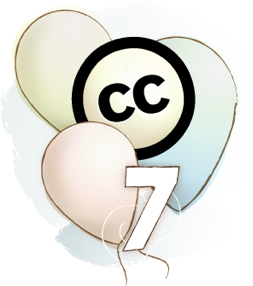 William J. Bernstein‘s A Splendid Exchange: How Trade Shaped the World as the name implies is an engaging history of long-distance trade from the dawn of history.
William J. Bernstein‘s A Splendid Exchange: How Trade Shaped the World as the name implies is an engaging history of long-distance trade from the dawn of history.
The book points out that jurisdictions and other actors throughout history have chosen among trading, raiding, and protection.
By my reading, raiding in the form of piracy and literal trade war was a substantial part of the mix everywhere — and reached its pinnacle among and by the Portuguese, Spanish, Dutch, and English — until bulk goods with many sources came to dominate shipping in the 1800s. Spices that only grew in southwest Arabia or the flyspeck Spice Islands were the opposite — subject to piracy, monopolization, and taxation along narrow routes and chokepoints. I have temporarily increased my consumption of the now pedestrian seeming cinnamon, mace, nutmeg, and black pepper — only available to the very wealthy in well connected cities for most of history. Raiding in the form of conquering and plundering seems even more important and persistent, e.g. the scramble for Africa and WWII and its aftermath.
Speaking of the scramble for Africa, this book points out many times the importance of disease in shaping history. As another book I read recently more forcefully pointed out, the scramble did not occur until the easy availability of anti-malarials — before the late 1800s, European death rates in tropical Africa were too high to sustain more than fortified trading posts. Bernstein even makes the fairly astounding claim that death rates were higher for European crew of slave ships than for the African slaves the ships transported.
The civlilization-destroying blow to the New World dealt by Old World diseases (and resulting relatively unopposed European colonization of the New World) is well known, but Bernstein speculates that disease may have also given Europeans an advantage versus the Islamic world, India, and China as well. The evidence is scantier, but the Black Death may have hit those regions even harder than it hit Europe, rendering them relatively weak at the dawn of European world-wide raiding and trading. 700 years earlier ‘Act I’ of the Black Death sealed the long-term decline of the Byzantine Empire and created an opening for the explosion of Islam.
The last few chapters are somewhat drier reading, perhaps mostly due to familiarity. Overall Bernstein makes the case that increased wealth and decreased transport costs have swamped any political changes in their impact on long-distance trade and that trade’s measurable impact on static well being is swamped by less tangible building of relationships and transfer of knowledge that accompanies trade, and that free traders imperil free trade to the extent they ignore those who lose from trade — paying off losers would be preferable to protecting them, for world-wide trade is net positive, and the alternative risks a spiral of trade wars leading to real wars.
By the way, Bernstein doesn’t mention intellectual property at all, now a staple of trade negotiations, apart from a single passing mention of a trademark applied to Danish hog and dairy products.
 Why do you believe as you do? The proximate cause may be family or voluntary conversion, but what created the milieu in which your family or adopted god became one of a limited number of likely choices, as opposed to one of the thousands of religions that do or have existed and the infinite number conceivable?
Why do you believe as you do? The proximate cause may be family or voluntary conversion, but what created the milieu in which your family or adopted god became one of a limited number of likely choices, as opposed to one of the thousands of religions that do or have existed and the infinite number conceivable?